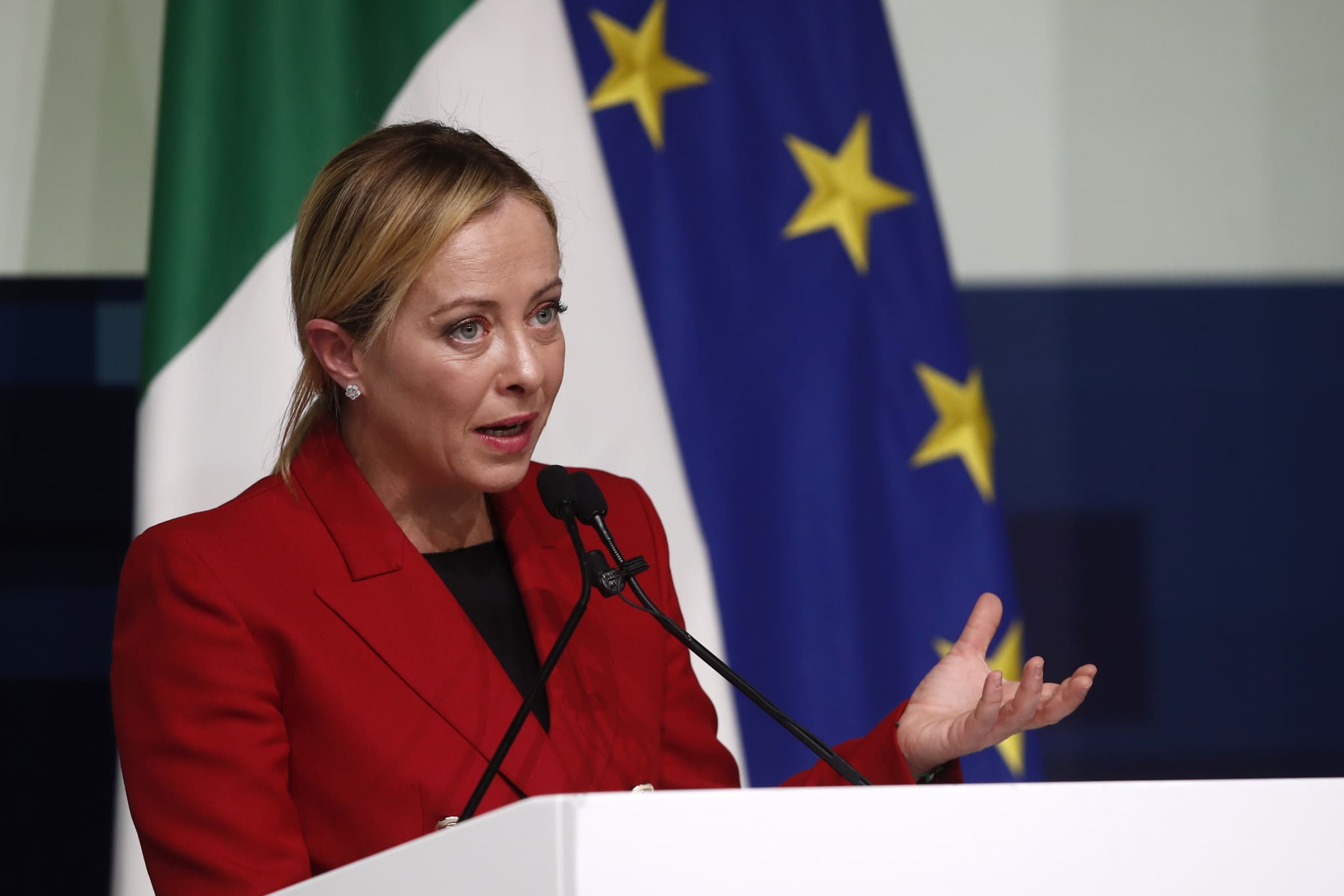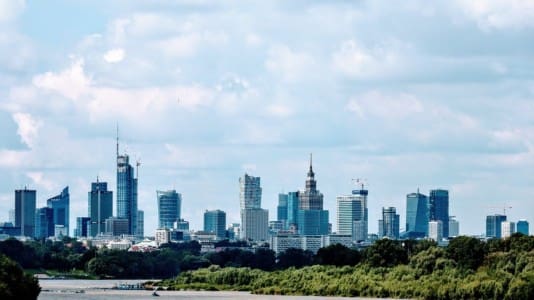The European Union cannot be divided into first- and second-class member states, according to Italian Prime Minister Giorgia Meloni, who called for a more effective European energy policy in a speech to the upper house of the parliament in Rome on Wednesday, one day ahead of the EU’s Dec. 15-16 summit.
“(I see that) the debate is going back to the idea that there is a first-class Europe and a second-class Europe. I will never agree with this idea, colleagues. I never did and do not consider Europe a club within which some are good and beautiful while the others are ugly and bad, and as such, they should be out of the club,” she said. “I, particularly now, do not see it that way.”
[pp id=59380]
She continued by pointing to countries such as Poland, which Brussels has threatened with billions in funding cuts if it does not adhere to a list of demands, including halts to judicial reform.
“I keep hearing remarks against Poland. I humbly point out to you that Poland is the nation that more than any other is taking on itself the burden of Ukrainian refugees, that Poland is on the front line in the fight against Russia, that according to NATO, it could be one of the next victims of an attempt by Russia to expand. What is the message we give to Russia when we say Poland is not our friend?”
Meloni said the European Union was proving “short-sighted” in major strategic decisions, giving the war in Ukraine and the energy crisis as examples. The Italian prime minister said that a more effective energy policy was needed and that the EU was “making a mistake by not responding quickly.”
On the war in Ukraine, she said that the EU must take a common position because “if we are competing with each other in such a difficult situation, I don’t know how wise it is.”
She stressed that even if Western countries had not sided with Ukraine, considering it “too weak,” the Russian invasion would have happened anyway, according to Hungarian news outlet Magyar Nemzet.
“I stand for the right of a sovereign state to defend its sovereignty (…) At the moment, the only way to negotiate is through a balance of power between the opposing sides in the conflict, and the way to peace is through support for Ukraine,” Meloni said.
Meloni’s pro-Ukraine stance has its critics, with the opposition Five-Star Movement calling on Europe to stop sending military aid to Ukraine in order to bring the war to an end. Even within Meloni’s own coalition, the League and Forza Italia are known for their past support and sometimes open admiration of Russian leader Vladimir Putin.
[pp id=47909]
Meloni detailed the position of her right-wing government ahead of the upcoming summit of European heads of state and government in the lower house on Tuesday and in the upper house on Wednesday. This will be the first EU summit that Giorgia Meloni attends as prime minister.
On the perception of Italy, Meloni said there were prejudices surrounding the formation of a center-right government in Rome: “Some people thought that with a Meloni government, a center-right government, Italy would be isolated in the world, as if one could isolate a founding state of the EU and NATO, which plays a fundamental role in the Mediterranean.”
At the same senate session, former prime minister Mario Monti said that the relationship between the government of Giorgia Meloni and the EU was positive so far. He said that Meloni and her government could play a leading role in Europe, “but sometimes the leading role is not the best choice.”
He noted that during his government from 2011 to 2012, “he could have banged his fist on the table against German austerity, but he preferred to get results and cornered Angela Merkel with months of very tough confrontation, taking the German straitjacket off the European Central Bank.”
At the same time as Monti’s statements, EU economic policy commissioner Paolo Gentiloni described the Meloni government’s first-ever budget package for next year as positive overall, stressing that Brussels had, however, found several points of criticism.






